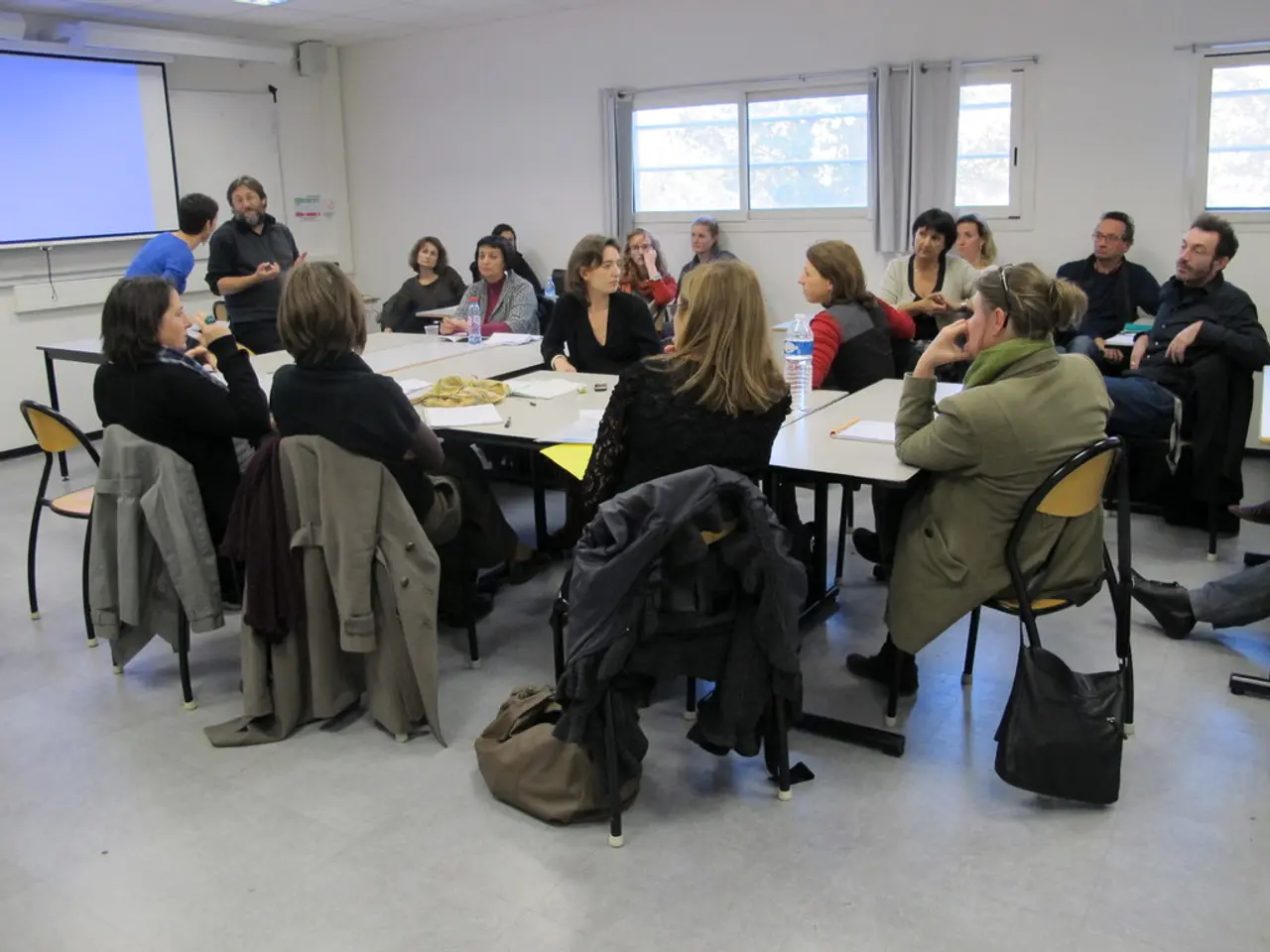Strategies for Navigating Friendship Breakdowns
### Navigating Friend Rejection: A Guide to Understanding and Healing
Friend rejection can be a painful experience, but understanding its common causes and learning how to cope can help individuals move forward with greater clarity and resilience.
#### Common Reasons for Friend Rejection
Rejection in friendships can stem from various factors, including changes in communication, past experiences, and personal sensitivities. Increased digital interactions and fewer in-person meetings can lead to misunderstandings and feelings of exclusion. People with a history of unhealthy relationship dynamics, bullying, or neglect in childhood may be more sensitive to rejection, colouring their friendships negatively. Different expectations and misunderstandings can also cause unintentional exclusion, as can emotional sensitivity conditions such as ADHD and rejection sensitive dysphoria. Fear of being left out, triggered by social media, can also contribute to feelings of rejection.
#### How to Effectively Deal with Friend Rejection
When faced with friend rejection, it's essential to approach the situation with self-awareness, clear communication, and emotional care. Recognizing and reinterpreting intentions can prevent unstable assumptions about the relationship, while managing friendship anxiety can help individuals avoid jumping to conclusions about their friend's intentions. Open and honest communication is key, using calm "I" statements to express feelings and seek clarity rather than letting assumptions fester. Building emotional resilience through self-compassion, avoiding catastrophizing, and acknowledging feelings without judgment can reduce the negative impact of rejection.
Expanding one's social circle can also help prevent over-dependence on one friend group and reduce the sting of rejection from any single source. Understanding one's own sensitivities, particularly those stemming from past trauma or mental health conditions, can help individuals develop healthier emotional regulation and relationship skills.
#### Moving Forward After Friend Rejection
Healing from friend rejection can take time, but spending time with family and other friends can help. Social clubs, evening classes, volunteering, and online platforms can be great places to meet new friends who share similar interests. If the cause of rejection is due to a change in interests, attitudes, or lifestyle, consider finding new friends who share similar values.
Conflicts and misunderstandings are common reasons for friend rejection, and regular conflicts can eventually lead to the end of a friendship. If a friend continues to reject you despite your efforts to mend the relationship, it's best to respect their decision and find closure. Lifestyle changes can also lead to rejection, such as quitting smoking or drinking in a social circle that engages in these activities. When rebuilding your friendship circle, look for people with similar interests and qualities of a good friend, such as support, acceptance, respect, empathy, good listening skills, and trust.
#### Seeking Support During Difficult Times
Rejection from friends can cause emotional distress, physical pain, and feelings of depression. It's important to process rejection and take active steps to protect mental health. Support from mental health professionals or special psychics can be beneficial when dealing with friend rejection. Medium readings can offer comfort, guidance, and reassurance during difficult times, helping provide closure. Trusting is important, but if your friends did not deserve your friendship, you will feel better about yourself. Never blame yourself or continue unhealthy responses with the person after a friend's rejection. Analyze the cause of rejection to determine if it's something you did, or if it's due to a change in interests, attitudes, or lifestyle. If the cause is something you did, apologize and try to mend things. In time, the friend may realize their mistake and reach out to you. Peer pressure can also cause friend rejection, such as differences in culture, religion, country, political beliefs, or social class. If a friend continues to reject you despite your efforts to mend the relationship, it's best to respect their decision and find closure.
In navigating friend rejection, focusing on personal growth and education-and-self-development can help individuals gain a better understanding of their own sensitivities, allowing them to develop healthier emotional regulation and relationship skills. Additionally, expanding one's relationships to include diverse individuals from different backgrounds can foster a more enriching lifestyle, encouraging personal-growth and promoting resilience in dealing with potential friend rejections in the future.




